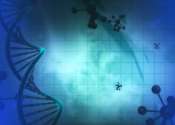Direct cloning method CAPTUREs novel microbial natural products
Microorganisms possess natural product biosynthetic gene clusters (BGCs) that may harbor unique bioactivities for use in drug development and agricultural applications. However, many uncharacterized microbial BGCs remain ...









